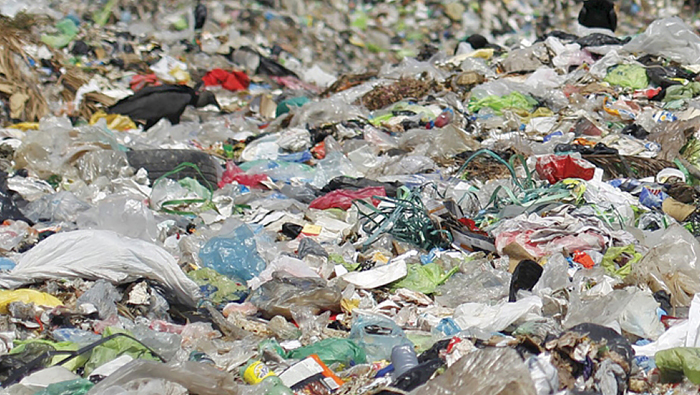
Muscat: Muscat Municipality is considering proposals to reduce the use of plastic bags.
One of the proposals involve hypermarkets and shops providing paper bags for customers, in place of plastic bags, in addition to turning in plastic bags for a nominal recycling fee.
The proposal was brought up after a Municipal Council meeting in Muscat governorate, held on Monday, and attended by municipal members and other government representatives. Proposals also sought to instil a positive culture throughout society, with regards to how to handle plastic bags.
“The company is also coordinating with the Ministry of Education to include environmental culture within the school curriculum,” said a spokesman from Be’ah, Oman Environmental Service Holding Company.
He added that the company was seeking to find appropriate solutions, such as the recycling of plastic products for use in generating energy.
He pointed out that the proportion of plastic in dumpsters amounted to 21 per cent of collected waste, stressing that special containers would be provided for the recycling process. Some municipal members called for the importance of benefiting from the experiences of leading countries in handling plastic bags, while others stressed the need for research and compiling data, to better understand the percentage of plastic production in the Sultanate and its consumption rate, as well as other statistics to assess the size of the problem and introduce appropriate legislation.
The proposal on plastics was praised by welfare activists in the Sultanate.
Jaison Mathai, founder of the animal welfare organisation Tiger By The Tail, noted, “This is a good move, because sometimes we unknowingly eat plastic, and this then causes a lot of health problems we cannot detect, including cancer and lung ailments. We humans know the dangers of plastic consumption, but animals do not know this, and when strays eat from dustbins, given the way in which we throw out our waste, there is a very good possibility they are eating plastic without knowing it.
“We can only detect these things in animals when we take them for x-rays to diagnose their health, but even then the machines do not identify ingested plastic,” added Mathai. “It is worse if they eat little pieces of plastic, because this causes wounds on the inside, and they bleed internally and don’t know how to heal themselves, and ultimately die a terrible death.”
He added, “I would advise all people in Oman to carry cloth or cotton bags when they go to supermarkets and shops, and avoid picking up plastic bags from stores. We at TBTT also advocate a cleaner environment, and even distributed jute bags to the public to celebrate our anniversary last year. The Government of Oman is implementing very strong environmental policies and we need to respect that.”